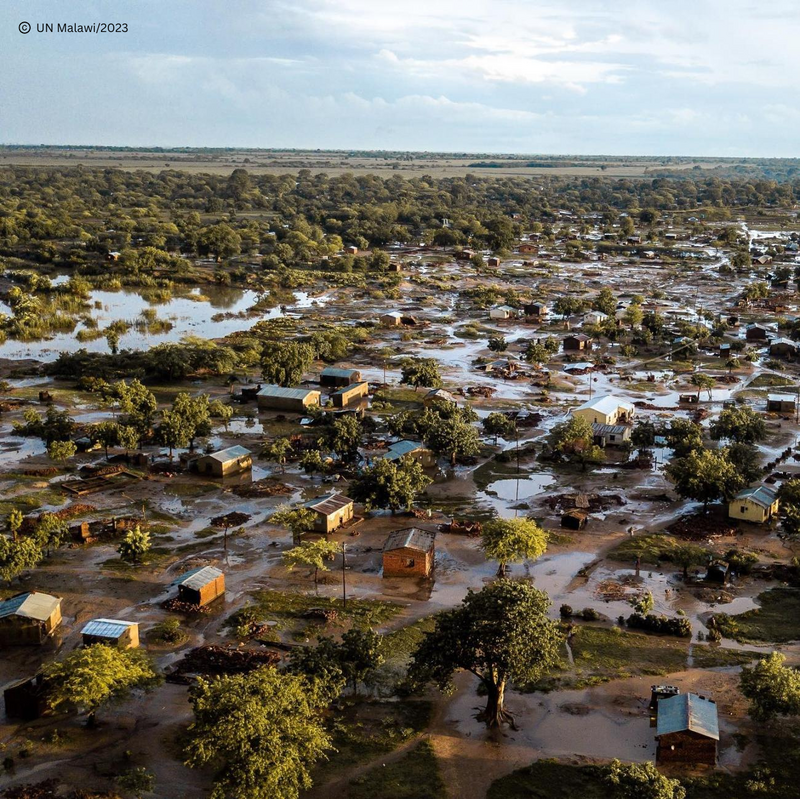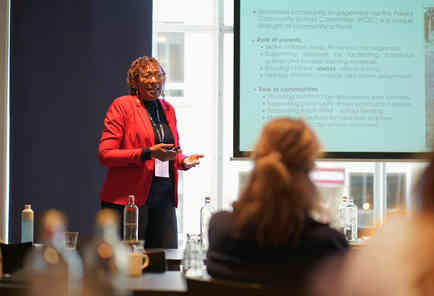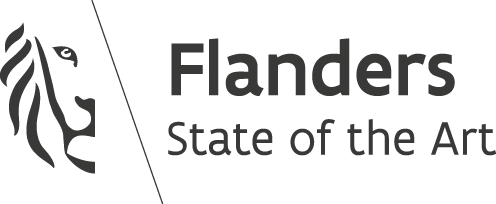Ubuntu as the Key to Global Citizenship: "Without Ubuntu, we forget what truly makes us human."
How do you ensure that education is not just focused on knowledge, but also fosters a sense of community and global citizenship? Chilipo Gunda, Senior Teacher at Saint Andrews International High School (SAIntS) in Malawi, advocates for an approach grounded in the African philosophy of Ubuntu. In a country with strong colonial influences, he strives to contextualise the curriculum and teach students to think like global citizens. “Without Ubuntu, we forget what truly makes us human,” he says. In this interview, Chilipo shares his vision of the impact of education, community spirit, and the balance between technology and human values.
Malawi, which was a British colony until 1964, still bears the traces of this history, particularly in its education system. The educational framework is largely based on the British model. When Chilipo began teaching at SAIntS nine years ago, he noticed that the curriculum scarcely connected with Malawian society. “The teaching materials were very British. Rivers were explained using the Thames, a river most of our students had never heard of. There was no link to their own world,” he explains.
Since then, the school’s curriculum has undergone significant changes. “We’ve been able to contextualise the content. Students still encounter foreign examples because of our international character, but they now also recognise universal problems in their own surroundings. For instance, when they study water pollution, they realise it’s not just about a river in Europe, but also about the river they pass by every day. This way, they develop the skills to come up with local solutions to global issues.”
Since then, the school’s curriculum has undergone significant changes. “We’ve been able to contextualise the content. Students still encounter foreign examples because of our international character, but they now also recognise universal problems in their own surroundings. For instance, when they study water pollution, they realise it’s not just about a river in Europe, but also about the river they pass by every day. This way, they develop the skills to come up with local solutions to global issues.”
Ubuntu
This approach does not come automatically. SAIntS have been actively incorporating the UN Sustainable Development Goals and the values of Ubuntu for years. The African philosophy of Ubuntu, which can be translated as "I am, because we are," centres on interconnectedness and community: who are you in relation to your community? What is your impact on your surroundings?“Our school is built around the Ubuntu philosophy. My role was specifically created to investigate how the school and community can work together more effectively,” says Chilipo. “We want students to realise that they are part of a bigger group, no matter where they are. We aim to change their way of thinking. Even if they move abroad later, they must first understand the community they find themselves in.”
Global Citizenship
By embracing this philosophy, the school encourages students to develop into global citizens. “After the COVID-19 pandemic, we noticed that students struggled to connect with others,” says Chilipo. “Their worldview had become narrower. We also heard from students who had been abroad that they didn’t feel well-prepared for a society other than Malawi’s.”To address this, SAIntS initiated projects to strengthen the sense of community. “We think it’s crucial for our students to understand the role they play in their environment. After all, they’re not only citizens of Malawi, but also global citizens.” By launching projects where students and the community have a shared responsibility, the school encourages them to reflect on their place as individuals within a group.



Water Filtration
One such project focused on water filtration. After Cyclone Freddy struck in March 2023, Malawi faced cholera outbreaks due to a lack of clean drinking water. “We gave a class the task of imagining they were WHO researchers and coming up with a solution for the contaminated water,” says Chilipo. “It was fantastic to see how motivated the students were to find practical solutions.” In the lab, prototypes of water filters were tested. Although the water was not fully bacteria-free, they succeeded in filtering out harmful pathogens. “The best part was that the students could present their ideas to the local chiefs and the community.”


Ubuntu versus AI
According to Chilipo, Ubuntu is more important than ever, especially now that technology and social media are increasingly influencing our daily lives. “Even in Malawi, the boundary between online and offline is fading. Human connection seems to be diminishing. Ubuntu is all about humanity and helps us maintain that connection.”However, Chilipo does not see technology as a threat. “AI will increasingly take over tasks, but there are things technology can never replace: care, trust, connection. These values are at the heart of Ubuntu.”
He believes the solution lies in balancing technology with Ubuntu. “If we teach children not only technical skills but also how to become good people, we give them more than just the means to improve the world. We give them the values needed to make the right choices. Without Ubuntu, we risk relying entirely on technology and forgetting what truly makes us human.”
Ubuntu Education Hub
In addition to his work as a teacher, Chilipo is also an ambassador for the Ubuntu Education Hub, an organisation that supports African educators in their professional growth, helps them network, and actively contributes to the dialogue on education in Africa. “There is increasing interest in the Ubuntu approach to education, both within Africa and globally. However, we focus primarily on bringing African educators together to put this philosophy into practice.”Although Ubuntu is not yet a formal part of teacher training or the curriculum, it is deeply rooted in Malawian society. “Decolonisation and decolonising education are gaining ground in Africa. Before the colonial period, Ubuntu played a larger role in education. My grandparents taught me about Ubuntu from a young age. Today, there’s an increasing call to bring these values back into education.”
School leadership is also still a relatively new concept in Africa. “Many teachers grow into leadership roles through experience, but there is no specific training for it. That’s why I dream of developing the Ubuntu Education Hub into a platform that advises and coaches school leaders.”
Subscribe to our (Dutch) newsletter
|
English







